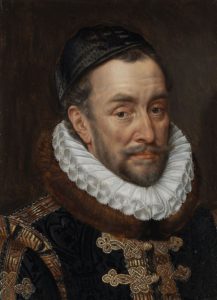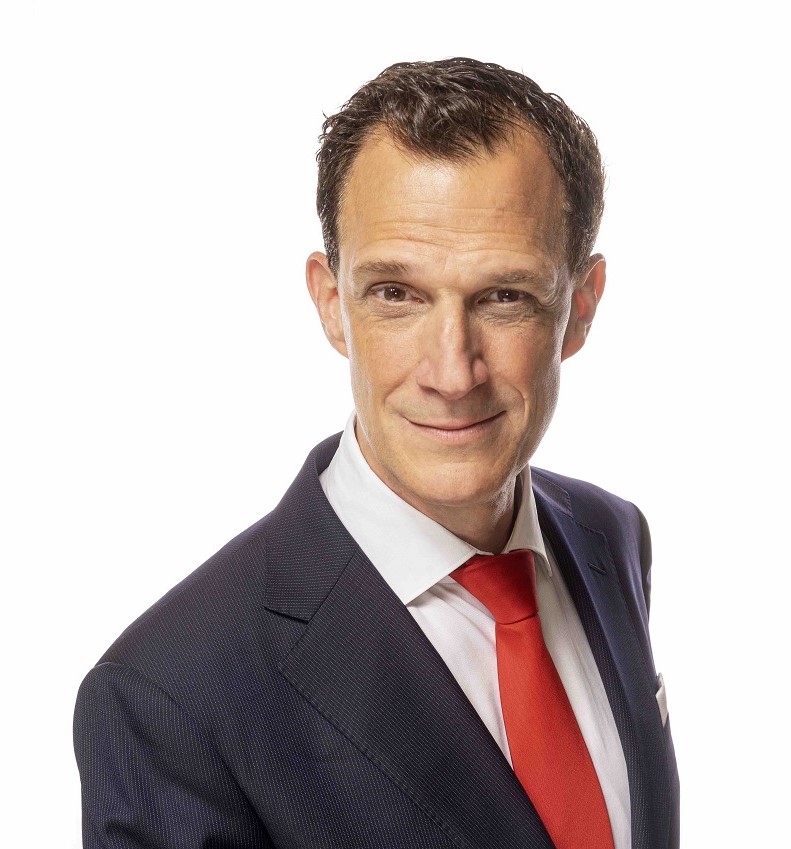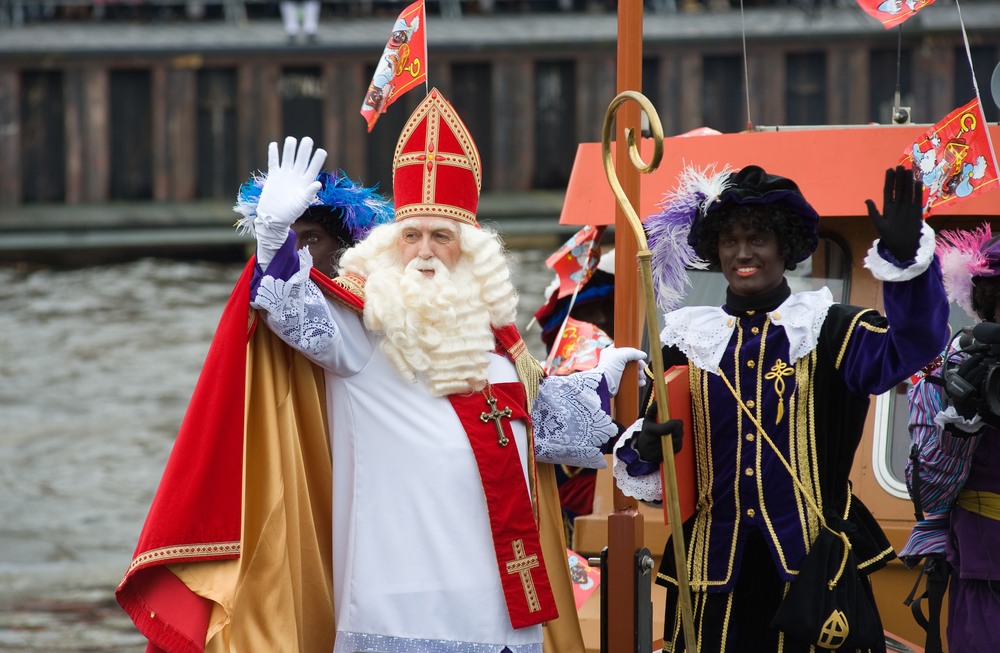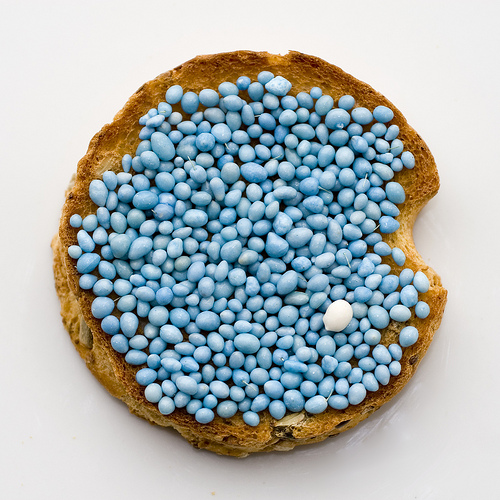Many elements of Dutch history remain present and palpable in modern-day Holland. The roots of the contemporary Dutch Royal Family go back to the 16th century. Contemporary Dutch values originate from Calvinist influences of the past. Even the Dutch political system stems from old ideals. Understanding the history of the Netherlands shines a light on the Dutch culture of today, and helps us to understand why NL is such an orderly country. We will take you through a very brief history of Holland on this page.
The Netherlands is made up of provinces. Many of them originate from Countships and Duchies that existed in the Middle Ages. Here’s the story:
King Philip II of Spain
- King Philip II of Spain inherited all of these Countships and Duchies in the second half of the 16th century
- To his dissatisfaction, however, he did not have total power over them
- Both cities and rural districts had certain rights and privileges that the King could not overrule
- Prominent local families recommended carefully selected Dutchmen, from their own localities, to regulate the provinces
- Philip was obligated to appoint these individuals as governors
- Philip II wished to take away the privileges of the Dutch localities
- He was a modern ruler, who believed in having a kingdom that was ruled by a single, powerful and central authority
- His philosophy was rooted in the ethical and ideological principles of the Roman Catholic Church
William of Orange

Philip’s beliefs were not popular with the Dutch people. This led to one of the major events in Dutch history:
- In the Netherlands, there was much sympathy for Protestantism. The teachings of John Calvin were particularly popular
- Philip II’s ideas were, therefore, not met with much enthusiasm
- Protestant persecution became a central element in the royal politics
- William of Orange was a stadtholder in several Dutch countships, including Holland. He is also, of course, the patriarch of the Dutch royal family of today
- Orange strongly disagreed with the persecution of protestants, and with the idea of privileges being revoked in the Countships
- He was a leading figure in the successful uprising against Spanish rule
The Republic of the Seven United Netherlands
The uprising against Philip II resulted in a new historical era for the Netherlands:
- The Republic of the Seven United Netherlands was created
- Under the republic, local autonomy was restored within the Countships
- The republic was a union of states, a little like the European Union
- Independent states worked closely together, without ever having to relinquish their sovereignty
- This system meant that no one state could ever muster enough power to hold a position of dominance over the entire republic
- Accordingly, if one state ever tried to exercise control over another, or made too much of a show of wealth and power, it would only succeeded in creating enemies
- To achieve a politically high-ranking position within the republic, a state had to gain esteem and influence; using power and force did not work
- Stadtholders were, however, always recruited from the House of William of Orange
- For a state to get anything done in the old Republic, it had to form a coalition with some fellow states
- The state would also have to ensure that they did nothing to inadvertently offend their opponents
Modern Dutch History
The Netherlands is no longer a union of states. Instead, it is a democratic state whose unity is symbolized by the King. Willem-Alexander is the current reigning monarch of the Netherlands. He is a descendant of William of Orange’s older brother, Jan.
Calvinism in NL
The way in which the Netherlands was governed under the republic was strongly Calvinist in nature. Although the republic is long gone, and nowadays Dutch society is strongly secularized, Calvinist philosophies remain a great influence on the Netherlands today. Some key characteristics of Calvinism are:
- Respect for others
- Having a modest lifestyle
- Being always willing to listen
- Having the capacity to restrain oneself
Contemporary Calvinism in NL
Here is how Calvinism can be seen in contemporary Dutch society:
- The Dutch maintain a strong Protestant work ethic
- They practice moderation in all aspects of life
- Decisions are typically reached by a consensus
- Individualism is also resisted, in some ways
- The Netherlands is a country in which ostentatiousness and boastfulness are akin to sinfulness
- Equally, orderliness and cleanliness are next to godliness
- Showing off your wealth is vulgar
- Secretiveness is looked upon with suspicion. This is part of the reason why Dutch curtains are kept open after dark
- It demonstrates a lack of ostentatiousness, it proves to onlookers that your home is orderly and that you have no secrets to hide
The 'Poldermodel' in NL
What is the Poldermodel?
- A piece of land that is completely surrounded by a dike is called a ‘polder’ in Dutch. The dike is intended to protect the land against high waters
- You can find them in all shapes and sizes in the Netherlands
- The largest is the ‘Flevoland‘. It is so big that it has actually become the Netherlands’ youngest province. It is 48,000 hectares in size
- Managing such a large polder requires close and expert cooperation between its users. A dike is only as strong as its weakest point, so the smallest mistake can result in disaster!
- The organization that has to go into managing the dikes has bled into other elements of Dutch culture
- The Dutch believe in making detailed agreements, to which everyone must strictly adhere
- They maintain that everyone is responsible for ‘their part of the dike’
- In 1997, the British invented a new word to describe this all-encompassing Dutch behavior and philosophy: the ‘poldermodel’
In which areas of Dutch culture is the poldermodel most evident?
- The downward adjustment of wage demands
- Tolerance of drugs
- Legalization of prostitution
Criticism of the Poldermodel in NL
Throughout the recent history of the Netherlands, the poldermodel has not always been popular. In the early years of the 21st century, the Dutch themselves started to have doubts about it:
- A man called Pim Fortuyn, suddenly appeared in the political arena, and became very popular
- He was shot and killed on May 6, 2002, before he his political career had truly got underway
- Fortuyn and his followers believed that the poldermodel, with all its consulting and searching for consensus, only distracted people from the real problems in society
- He alleged that it was preventing the Netherlands from making important decisions that were long overdue
- The economic recession, the increase of unemployment and the reduction in income of the average Dutch citizen further ignited Fortuyn’s criticisms of the poldermodel
- Cabinets which formed after his death were strongly influenced by his philosophy
- However, overcoming the nature of the Dutch public, in favor of a new approach, has proven to be harder than initially anticipated
- More than 10 years after these new ideas came about, the Dutch appear to have re-embraced the traditional poldermodel!
 Recommended reading
Recommended reading
The Low Sky – Understanding the Dutch by Han van der Horst
Logbook of the Low Countries by Wout van der Toorn

Everything you need to know about c ...
As an expat in the Netherlands, there might be a couple of traditions that will ...

The UnDutchables 9.0
Following the legendary previous eight editions of The UnDutchables, the 9th edition of this all ...

Gift giving in the Netherlands-all ...
If you feel like skipping your birthday, you may be in for a challenge when ...

The American Netherlander - 25 Year ...
In 1994, author Greg Shapiro came to the Netherlands. The idea was to spend a ...

How to Meet Locals in Amsterdam
Being far from home in a foreign city or country can be one of the ...

Typical Dutch Festivities
In the Netherlands, the Christmas season is marked by a sequence of typical Dutch festivities ...

Special Occasions the Dutch way
The Dutch love to mark a special occasion. What's more, for each one, they ...

Dutch Customs and Etiquette
The Netherlands has its own unique set of customs. There is an etiquette for how ...